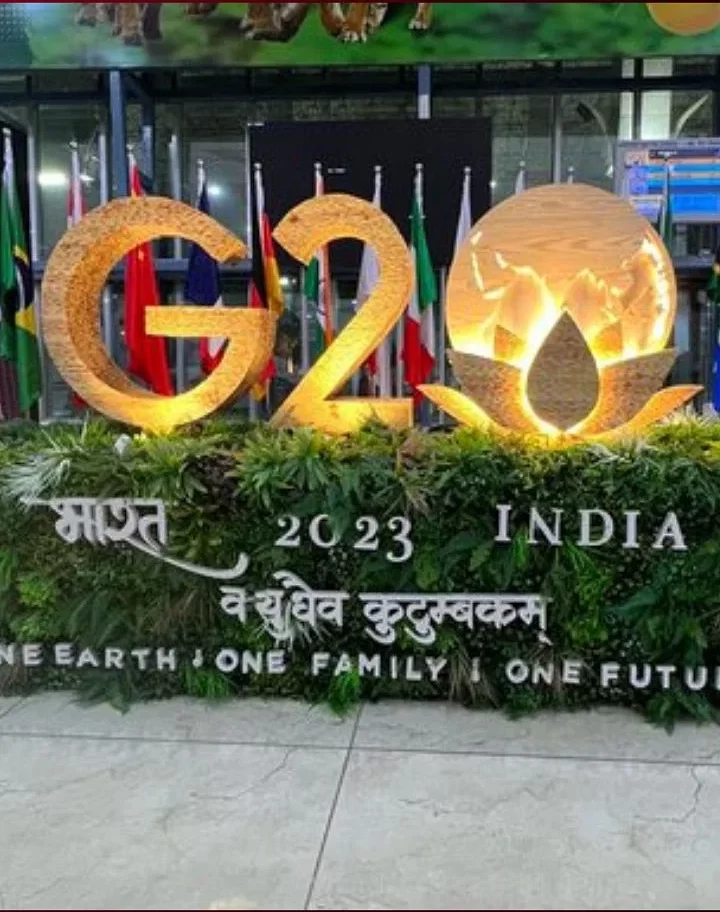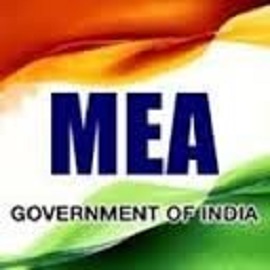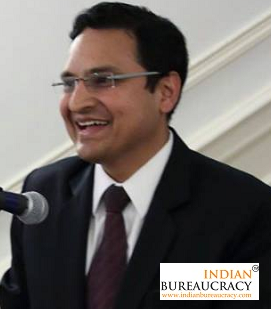The India-Middle East-Europe Economic Corridor involves India, the UAE, Saudi Arabia, the European Union, France, Italy, Germany, and the US. It holds significant promise for enhancing connectivity and promoting sustainable global economic integration among India, West Asia, and Europe, and is anticipated to foster prosperity. This initiative aims to facilitate increased energy exchange and digital communication among the participating nations while also addressing critical infrastructure deficiencies that are essential for the development of lower- and middle-income countries.
Union Minister Dr. Jitendra Singh emphasised the importance of the “India-Middle East-Europe Economic Corridor (IMEC),” also known as the “G20 Bharat-Middle East-Europe Economic Corridor.” This initiative aims to overcome connectivity challenges posed by Pakistan’s denial of overland access and China’s regional connectivity endeavors, fostering trade and trust through improved connectivity.
The corridor will have a railway link, an electrical conduit, a hydrogen transport system, and a high-speed data connection, as detailed in a document prepared by European Commission President Ursula von der Leyen. This official document described the initiative as “an environmentally friendly and highly advanced bridge that connects diverse continents and cultures”. Additionally, the railway and maritime component of this initiative aligns with the Partnership for Global Infrastructure Investment (PGII), a collaborative effort by G7 nations aimed at financing infrastructure projects in developing countries. PGII serves as an alternative approach to China’s Belt and Road Initiative, enhancing trade and energy exchange among participating nations while countering China’s extensive infrastructure program.
This endeavor is being perceived as President Biden’s effort to bolster the G20 coalition and countering the supremacy of China’s Xi Jinping and Russia’s Vladimir Putin.
In a recent development, the Global Biofuels Alliance, spearheaded by India, Brazil, and the United States, has garnered attention due to its potential to assist India in reaching its Net Zero target by 2070.




